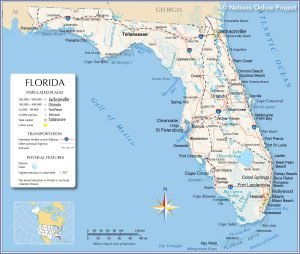Why Do Some People Still Not Know How To Use Computers?

Of course, I know that some people just aren’t as lucky as we are in America. I’m not going to go all socialist and expect everybody else to solve Third World problems when we’ve already thrown billions of tax dollars at the problem and not gotten very far in creating a sustainable solution for worldwide poverty. I’ll just say that just because no megacorporation has recognized that there might be a market for computers, laptops and Internet service providers doesn’t mean that people in impoverished countries couldn’t benefit from them. With many people, the only thing that’s holding them back is that they don’t have access to the same financial and technological infrastructure that we do. Providing that infrastructure, even if it just involves Wi-Fi hotspots, cheap tablets, and Bitcoin, could unleash a feedback loop that makes everybody richer if we could just get past the initial setup costs. It’s something to think about, anyhow.
If I was elected to Congress (and yeah, I’m daydreaming but I wouldn’t be mad if people in my state voted for me as a write-in candidate), some things I would support to improve computer literacy include:
- Mandatory free computer skill workshops for people on welfare. Or at least they should pass an equivalent test so that they can improve their employable skills and get back into the job market in a meaningful way. If they have already mastered basic skills, they could go advanced and learn skills like graphic design, 3D modeling and programming so they could become actual computer professionals.
- Replace one year of P.E. with one year of required computer classes in high school. Yeah, I know fitness is important, but by the senior year of high school, students are either on the varsity basketball team or just don’t see the point. There should be no excuse for students graduating from high school not knowing how to use Microsoft Office, type at 40 wpm, and protect themselves from common cyber crimes.
- Require federally owned buildings to have a Wi-Fi network that’s accessible to the public. Along with having solar panels on rooftops and a garden that produces fresh vegetables that’s distributed to poor families in the community, this is something that federally owned buildings should just do. This gives that homeless person with a laptop I mentioned a place to connect without getting glared at by the coffee shop manager for taking up room and hopefully will help him find a freelancing gig that pays him in Bitcoin so he can finally start moving up in the world.
I don’t even have to say that computers are an increasing part of our daily lives because they’re already so pervasive that Americans don’t even think about them very much anymore. People are fond of saying that their Smart Watch is more powerful than the computer on the Apollo 11 lunar lander that kept getting overwhelmed by too much data. It’s just something that we take for granted but we shouldn’t have to take for granted that sometimes people run into trouble because they lack basic computer skills.
Some Books To Check Out
[simple-rss feed=”http://rest.ebay.com/epn/v1/find/item.rss?keyword=%28laptop+computers%2Cdesktop+computers%2Candroid+tablets%2CiPad%29&sortOrder=BestMatch&programid=1&campaignid=5337337555&toolid=10039&listingType1=All&lgeo=1&feedType=rss” limit=10]











